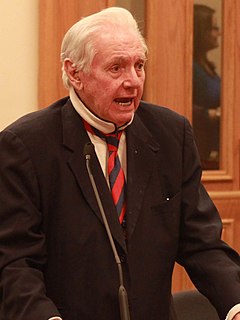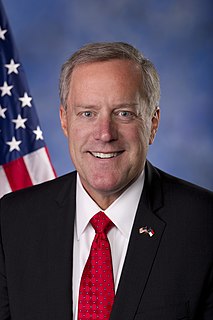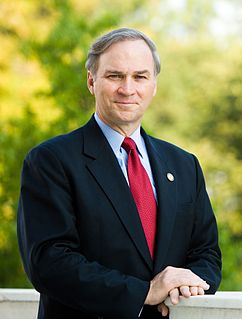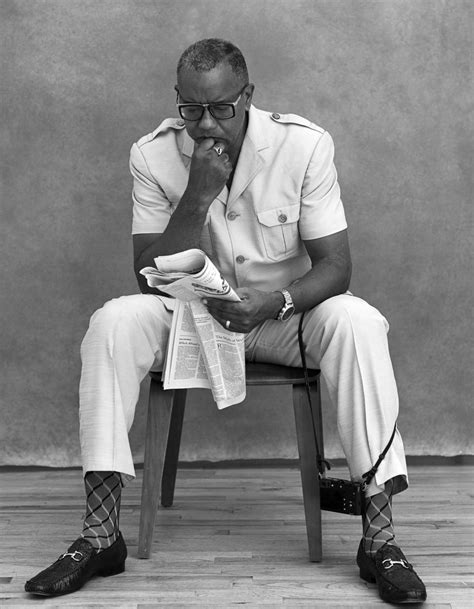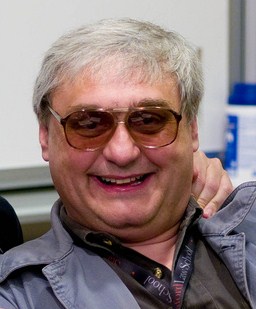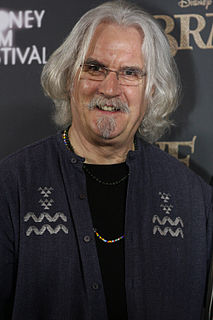A Quote by Linda Colley
America is the proud possessor of the oldest extant written constitution in the world, which was for its time - 1787 - a highly innovative and important document.
Related Quotes
[The Massachusetts constitution] resembles the federal Constitution of 1787 more closely than any of the other revolutionary state constitutions. It was also drawn up by a special convention, and it provided for popular ratification - practices that were followed by the drafters of the federal Constitution of 1787 and subsequent state constitution-makers.
If you call yourself an American that means that you have embraced the constitution, because that is what an American is. A citizen of the United States of America is someone who has sworn an oath of allegiance to that document, to the words, to the ideals of that document. Right now we have citizens who don't even understand what that document is.
I think what it was with the war photography was the concerned eye, the desire to document these situations to show the world the horrors of war. It inspired me to document prostitution; inspired me to document homelessness in America. We are the richest country in the world, yet we have people suffering, so it helped me to look at things in that manner.
A man hath riches. Whence came they, and whither go they? for this is the way to form a judgment of the esteem which they and their possessor deserve. If they have been acquired by fraud or violence, if they make him proud and vain, if they minister to luxury and intemperance, if they are avariciously hoarded up and applied to no proper use, the possessor becomes odious and contemptible.
In a very real sense, the Constitution is our compact with history . . . [but] the Constitution can maintain that compact and serve as the lodestar of our political system only if its terms are binding on us. To the extent we depart from the document's language and rely instead on generalities that we see written between the lines, we rob the Constitution of its binding force and give free reign to the fashions and passions of the day.
When the Constitution was written in 1787, there was this supposition that American politics would be above party. The people who would staff the positions in government would have the interests of the country, or at least their states and congressional districts, at heart, and so they wouldn't form permanent political parties.

